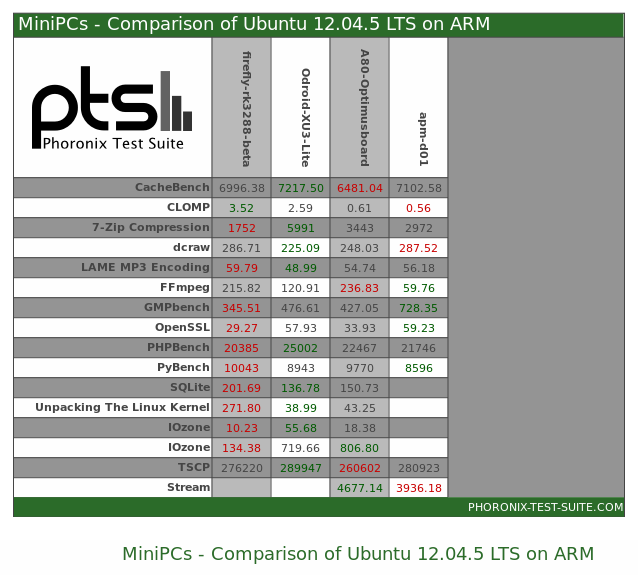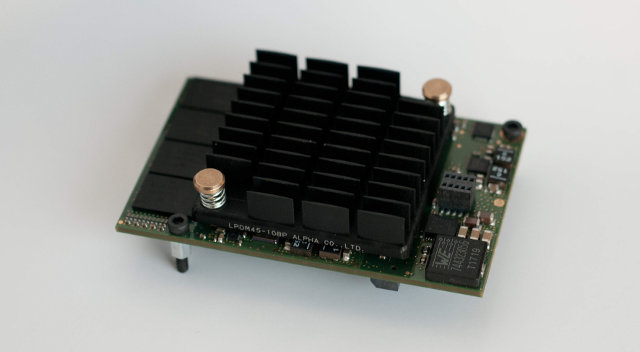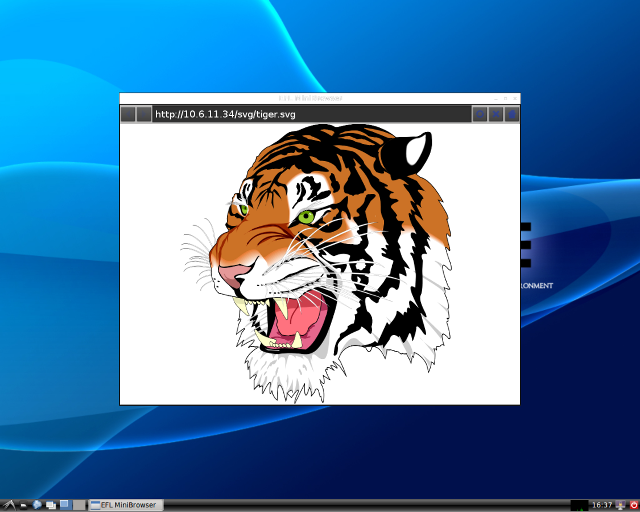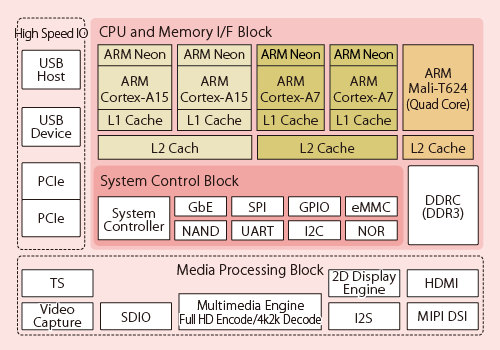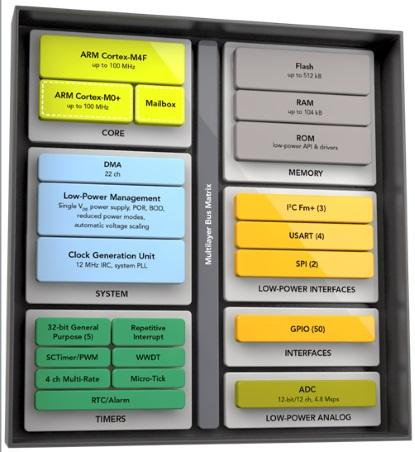Linaro Connect Hong Kong 2015 will take place on February 9 – 13,2015 in Hong Kong, and the organization has released the schedule for the five days events with keynotes, sessions, and demos. Each day will start with the keynote including speakers such as: George Grey, Linaro CEO, who will welcome attendees to Linaro Connect, and provide an update on the latest Linaro developments Jon Masters, Chief ARM Architect, Redhat, who will present Red Hat update and latest ARMv8-A demonstrations Dejan Milojicic, Senior Researcher & Manager, HP Labs Bob Monkman, Enterprise Segment Marketing Manager, ARM, will discuss about the impact of ARM in next generation cloud and communication network infrastructure Greg Kroah-Hartman, Linux Foundation Fellow, will introduce the Greybus Project (Linux for Project Ara modular phones) Warren Rehman, Android Partner Engineering Manager, Google The agenda also features sessions covering Android, ARMv8-A, Automation & Validation, Digital Home, Enterprise Servers, LAVA, Linux […]
Linux Benchmarks – Rockchip RK3288 vs Exynos 5422 vs AllWinner A80 vs Intel Atom Z3735F
With all these Intel Atom Z3735F been released right now at a price similar to ARM based mini PCs, many people, including myself, are wondering about the performance of the low cost Intel processor against their ARM competitors. Ian Morrison just published some results from Phoronix Test Suite comparing the performance of Firefly-RK3288 (Rockchip RK3288), ODROID-XU3 Lite (Samsung Exynos 5422 BIN2), and A80 OptimusBoard (Allwinner A80) in Linux (Ununtu 12.04.5), against the performance of MeegoPad T01 (Intel Atom Z3735F) running Linux from a Live CD on a USB drive. Some of the benchmarks failed because Phoronix Test Suite got apparently confused with the file systems located on a USB drive, but at least we’ve got a comparison point, and the results are a bit confusing, as they’re no clear winner. In some tests like FFmpeg, the Intel SoC really crushed the ARM competition being at least twice as fast as […]
Iliad’s Online Labs Offers Quad Core ARMv7 Dedicated Servers
Iliad (Free) is a French company known to bring the price of technology down for the masses. Several years ago, they disrupted the Internet broadband market, by bringing low cost triple play broadband services to market, and more recently they entered the mobile market with 2 Euros 3G/4G monthly subscriptions. The company also owns Online.net providing hosting services, and which has recently launched a public preview for Online Labs cloud platform. Most hosted solutions nowadays relies on x86 servers and virtualization, but Online Labs instead features dedicated physical ARM servers connected to SSDs. The company call their custom-made credit-card size server modules C1 boards, completely unrelated to ODROID-C1 boards, as those are powered by a quad core ARMv7 Marvell processor with 2GB RAM, and a 1Gb/s network interfaces. These are then assembled into racks as shown below. And finally 16 racks are inserted into a chassis with a control board, […]
TyGL OpenGL ES 2.0 Backend for WebKit Speeds Up Web Rendering by Up to 11 Times
ARM, Szeged University in Hungary, and Samsung Research UK have been working on TyGL, a new backend for WebKit accelerated with OpenGL ES2.0, and developed and tested on ARM Mali-T628 GPU found in Samsung ARM Chromebook. It will typically provide 1.5 to 4.5 times higher performance, but in the best cases, it can achieve up to eleven times the performance of a CPU-only rendered page. The key features of TyGL include: Web rendering accelerated by GPU – Batching of draw calls delivers better results on GPUs. TyGL groups commands together to avoid frequent state changes while calling the Graphics Context API. Automatic shader generation – TyGL generates complex shaders from multiple shader fragments, and ensures the batches fit into the shader cache of the GPU. Trapezoid based path rendering – Work in progress. It will leverage GPU capabilities such as the Pixel Local Storage extension for OpenGL ES. No software […]
Linaro 14.12 Release with Linux 3.18 and Android 5.0
Linaro usually releases images and source code on the last Thursday of the month, but since most people will have long holidays for Chritsmas and New Year, the last working Thrusday of this month was yesterday (18th). Linaro 14.12 release includes Linux kernel 3.18 (baseline), Linux 3.10.62 & 3.14.26 (LSK, same versions as last month), and Android 5.0.1 Lollipop. Here are the highlights of this release: Linux Linaro 3.18-2014.12 Based on v3.18 release GATOR topic: version 5.20 updated topic from Qualcomm LT (includes IFC6410 board support) updated integration-linaro-vexpress64 topic by ARM LT (FVP Base and Foundation models, and Juno support) updated LLVM topic (uses the community llvmlinux-latest branch) included ILP32 patch set v3 rebased on 3.18. Boot tested with aarch64 userland. Work is in progress to test with aarch64-ilp32 userland. config fragments updated – SELinux related config options enabled in linaro-base.conf, device tree runtime self tests enabled in distribution.conf Linaro […]
Linux 3.18 Released
Linus Torvalds released Linux Kernel 3.18 last Sunday: It’s been a quiet week, and the patch from rc7 is tiny, so 3.18 is out. I’d love to say that we’ve figured out the problem that plagues 3.17 for a couple of people, but we haven’t. At the same time, there’s absolutely no point in having everybody else twiddling their thumbs when a couple of people are actively trying to bisect an older issue, so holding up the release just didn’t make sense. Especially since that would just have then held things up entirely over the holiday break. So the merge window for 3.19 is open, and DaveJ will hopefully get his bisection done (or at least narrow things down sufficiently that we have that “Ahaa” moment) over the next week. But in solidarity with Dave (and to make my life easier too 😉 let’s try to avoid introducing any _new_ […]
Fujitsu MB86S70 and MB86S73 ARM Cortex A15 & A7 Processors Run Linux for the Embedded Market
I like to check the ARM Linux kernel mailing list from time to time, as you may discover a few upcoming ARM processors. This week I found out Exynos 5433 and Exynos 7 are actually two different processors (thanks David!), and that AMD had submitted code for their 64-bit ARM Opteron A1100 SoC for servers. I also noticed a patchset for Fujitsu MB86S7X SoCs, and since I don’t often mention Japanese silicon vendors, probably because they now mainly deal mostly with the embedded market that gets very little press, and most information is in Japanese, I decide to have a look. There seems to be four SoC parts in MB86S7x family with MB86S70 quad core processor with two ARM Cortex A15 and two ARM Cortex A7 cores in big.LITTLE configuration, and MB86S73 with two ARM Cortex A7 cores only, as well as MB86S71/72 with 2x A15 and 2x A7, with […]
NXP Introduces LPC54100 Single & Dual Core Cortex M4F/M0+ MCU Family and LPCXpresso54102 Development Kit
NXP has recently introduced LPC54100 Series microcontrollers with a Cortex-M4F core up to 100MHz, and optionally an ARM Cortex M0+ core for always-on sensor processing applications, as well as LPCXpresso 54102 board. Typical applications include mobile, portable health and fitness, home and building automation, fleet management and asset tracking, robotics and gaming. Key features of LPC54100 series MCUs: CPU – 32-bit ARM Cortex-M4F up to 100 MHz, optional 32-bit ARM Cortex-M0+ coprocessor On-chip RAM – 104 KB internal RAM On-chip Storage – Up to 512 KB on-chip Flash Interfaces 3 fast-mode plus I²C, 4 UART, 2 SPI, 39 GPIO ADC with up to 12-channels, 12 bits, and 4.8 Msps sample rate, full-spec (1.62 V to 3.6 V) Clock Sources – IRC, digital clock input, PLL, 32 kHz XTAL, WWDT Timers – 5x 32-bit general-purpose timers/counters, One-state configurable timer/PWM, RTC with alarm, and WWDT 22-channel DMA with 20-programmable triggers Power consumption […]



